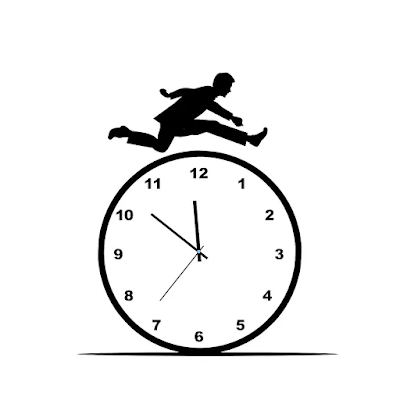Intermittent Fasting Schedule: Is it Better to Fast for 12 or 16 Hours?
One of the key decisions individuals face when adopting an intermittent fasting schedule is determining the fasting window duration. Should one fast for 12 hours, or extend it to 16 hours?Intermittent fasting has gained significant popularity in recent years, not just as a fad diet, but as a lifestyle choice embraced by many for its potential health benefits. Let's delve into the details to understand which fasting schedule might be more suitable for you.
 |
Understanding Intermittent Fasting
Intermittent fasting (IF) isn't about what you eat, but rather when you eat. It cycles between periods of eating and fasting. The usual approaches often include fasting for 16 hours each day or fasting for a full 24-hour period, done twice weekly. The 16/8 method, also known as the Leangains protocol, entails fasting for 16 hours each day and restricting your eating window to 8 hours, typically from noon to 8 p.m.
Benefits of Intermittent Fasting
Intermittent fasting has been associated with numerous health benefits, including weight loss, improved metabolic health, enhanced brain function, and longevity. By restricting the eating window, intermittent fasting can lead to a reduction in calorie intake, which may facilitate weight loss and fat loss. Additionally, it has been shown to regulate blood sugar levels, decrease inflammation, and promote cellular repair processes.
The 12-Hour Fast
Overview
A 12-hour fasting window is one of the more lenient approaches to intermittent fasting. It involves fasting for 12 hours, typically overnight, and then consuming all meals within a 12-hour window during the day.
Advantages
- Ease of Adherence: The 12-hour fasting window is relatively easy for most people to adhere to since it aligns with natural circadian rhythms. It allows for breakfast in the morning and dinner in the evening, providing a sense of normalcy in eating patterns.
- Suitable for Beginners: For those new to intermittent fasting or with hectic schedules, a 12-hour fast can serve as a gentle introduction to the practice without feeling overly restrictive.
Disadvantages
- Limited Autophagy: Autophagy, the process by which cells remove damaged components and regenerate new ones, typically begins after 12 hours of fasting. Therefore, with a 12-hour fast, the potential benefits of autophagy may be somewhat limited compared to longer fasting durations.
The 16-Hour Fast
Overview
The 16-hour fast is a more prolonged fasting window that extends beyond the typical overnight fast. It involves fasting for 16 hours and consuming all meals within an 8-hour window during the day.
Advantages
- Enhanced Fat Burning: With a longer fasting window, such as 16 hours, the body has more time to deplete glycogen stores and switch to fat burning for energy. This can potentially enhance fat loss and improve metabolic health.
- Increased Autophagy: Extending the fasting period to 16 hours allows for more significant activation of autophagy, which plays a crucial role in cellular repair and regeneration.
Disadvantages
- Potential Discomfort: Some individuals may find it challenging to fast for 16 hours, especially during the initial adaptation phase. Hunger pangs and cravings may arise, requiring discipline and perseverance to overcome.
- Scheduling Constraints: A 16-hour fasting window may not be practical for everyone, particularly those with demanding work schedules or social commitments that revolve around meal times.
Choosing the Right Fasting Schedule
The decision between a 12-hour and 16-hour fasting schedule ultimately depends on individual preferences, lifestyle factors, and health goals. Beginners or those with busy lifestyles may find a 12-hour fast more manageable and sustainable, while individuals seeking more significant metabolic benefits may opt for a 16-hour fast.
It's essential to listen to your body, experiment with different fasting durations, and find a schedule that aligns with your needs and preferences. Regardless of the fasting window chosen, it's crucial to focus on consuming nutrient-dense foods during eating periods and staying hydrated throughout the fasting period.
Additional Resources
For further reading on intermittent fasting and optimizing your fasting schedule, check out the following resources:
Conclusion
In the debate between fasting for 12 or 16 hours, there is no one-size-fits-all answer. Both fasting durations offer unique advantages and challenges, and the optimal choice varies from person to person. Whether you opt for a 12-hour or 16-hour fast, consistency and adherence are key to experiencing the potential health benefits of intermittent fasting. Experiment with different fasting schedules, listen to your body, and consult with a healthcare professional if you have any concerns or underlying health conditions. Remember, intermittent fasting is just one tool in a holistic approach to health and wellness.





0 Comments